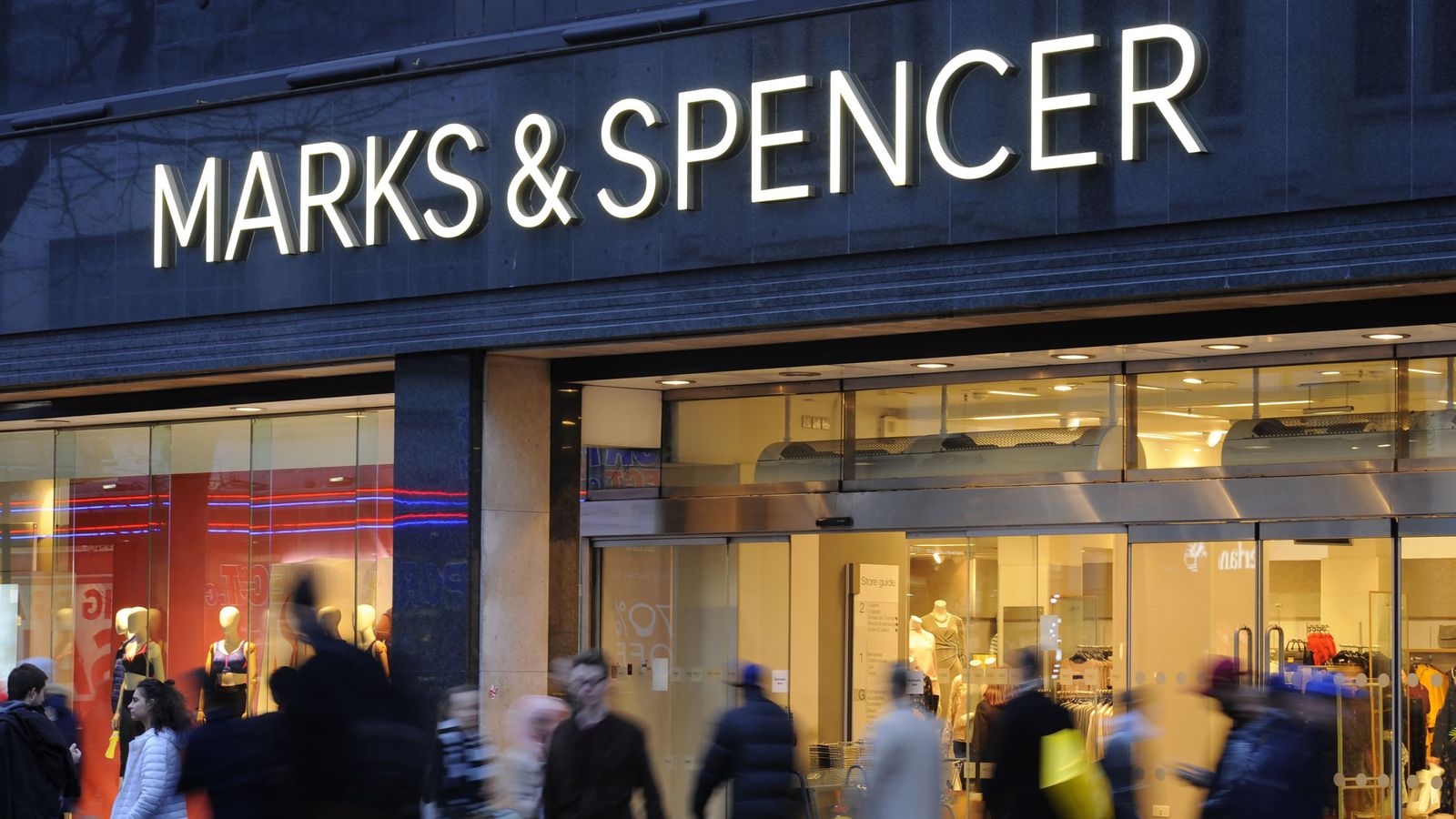Marks & Spencer is swapping plastic bags for paper ones across all of its stores following a successful trial.
The retailer has become the latest chain to opt for the more environmentally friendly bags following Morrisons, Waitrose and Aldi, which all use paper bags for customers – though some stores offer plastic bags as an option.
M&S, which has more than 1,000 stores across the UK, began a trial of the change at 10 of its shops in January.
The chain has worked with the University of Sheffield to develop a bag that is made using renewable energy, as paper is more energy-intensive to produce than plastic.
Paper bags also weigh more than plastic; this means transportation requires more energy, adding to their carbon footprint, according to research.
Marks & Spencer corporate affairs director, Victoria McKenzie-Gould, revealed the move in a blog post, saying the company hoped it would help to avoid “the mountain of plastic bags” that can build up in cupboards at home.
She said: “For the vast majority who already reuse their own bags, which remains the most sustainable option, not a lot will change.
M&S returns to FTSE 100 as investors cheer turnaround progress
Marks & Spencer condemns Gove’s block on London store demolition as ‘utterly pathetic’
Swizzels agrees to redesign rival Percy Pig sweets after ‘amicable resolution’ with M&S
“But on the odd occasion when we all need to reach for one more bag, we’re pleased to be offering a more sustainable option for customers.”
The new bags also fold easily into a backpack, are water resistant and are expected to be able to be used more than 100 times, according to the blog post.
When they are worn out they can also be recycled, M&S added.
Read more:
M&S returns to FTSE 100
Giant onion breaks world record
Chain apologises for daffodil and onion food display
Be the first to get Breaking News
Install the Sky News app for free
Morrisons became the first supermarket to ditch plastic bags in 2021.
Paper is more widely recyclable and decomposes much more quickly than plastic, with some carrier bags taking up to 1,000 years to decompose.
Paper bags are therefore less likely to be a source of litter or a risk to wildlife.








